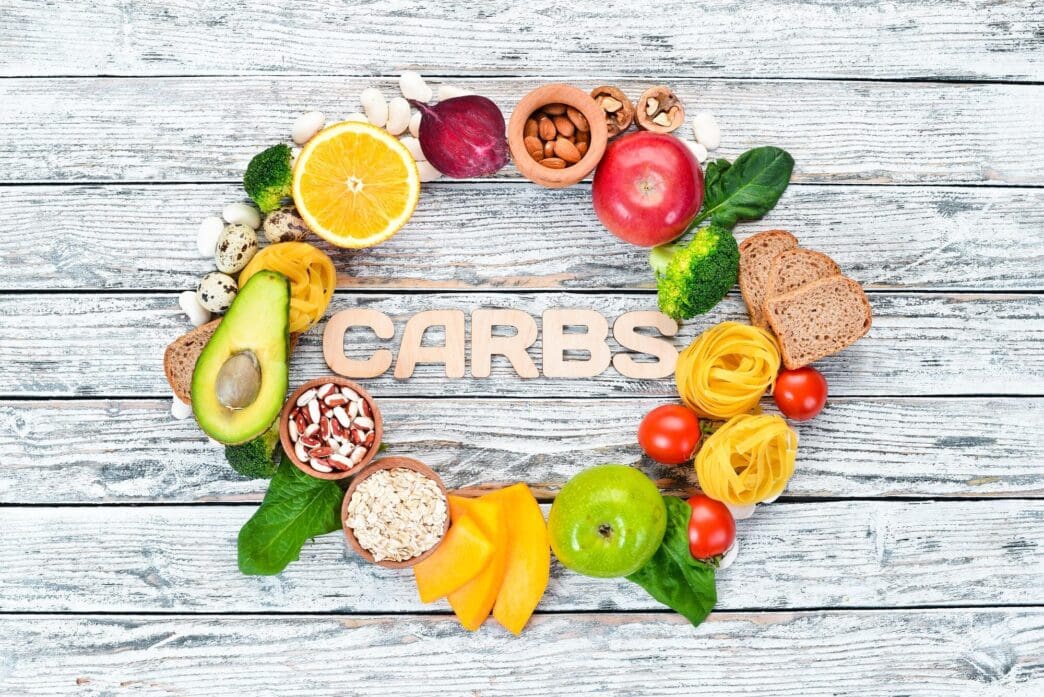A Quick Takeaway
The Story Behind the Trend
How to Make It Work for You
The Community View
Optimizing thyroid function is paramount for overall health, influencing everything from metabolism and energy levels to mood and body temperature. For individuals seeking to support this vital gland, integrating specific nutrient-rich foods into their diet can be a powerful strategy. By understanding which foods provide essential minerals like iodine, selenium, and zinc, as well as powerful antioxidants, you can proactively nourish your thyroid and contribute to its optimal performance.
Understanding Thyroid Health
The thyroid gland, a butterfly-shaped organ located at the base of your neck, produces hormones that regulate countless bodily functions. These hormones, primarily T3 (triiodothyronine) and T4 (thyroxine), are crucial for metabolism, growth, and development.
When the thyroid doesn’t function correctly, it can lead to various issues, including hypothyroidism (underactive thyroid) or hyperthyroidism (overactive thyroid). While medical treatment is often necessary for these conditions, dietary choices play a significant supportive role in maintaining thyroid balance.
10 Foods That Supercharge Thyroid Health
Incorporating these ten foods into your daily routine can provide the essential nutrients your thyroid needs to thrive.
1. Brazil Nuts
Brazil nuts are an exceptional source of selenium, a trace mineral critical for thyroid hormone metabolism. Selenium helps convert the inactive T4 hormone into its active form, T3, and also protects the thyroid gland from oxidative damage.
Just one or two Brazil nuts per day can provide your daily recommended intake of selenium, making them a potent thyroid-supporting snack.
2. Seaweed
Seaweed varieties like nori, wakame, and kombu are rich in iodine, a fundamental element required for the production of thyroid hormones. The thyroid gland directly uses iodine to synthesize T3 and T4.
However, moderation is key, as excessive iodine intake can also be detrimental to thyroid function, particularly for those with pre-existing thyroid conditions.
3. Fatty Fish (Salmon, Tuna, Mackerel)
Fatty fish are nutritional powerhouses for thyroid health, offering a trifecta of beneficial nutrients. They provide omega-3 fatty acids, which can reduce inflammation, a common factor in thyroid dysfunction.
Additionally, fatty fish are good sources of selenium and vitamin D, both of which play crucial roles in thyroid hormone regulation and immune system support.
4. Eggs
Eggs are a comprehensive food for thyroid health, providing a range of essential nutrients. They contain both iodine and selenium, vital for hormone production and conversion.
Furthermore, eggs offer tyrosine, an amino acid that serves as a building block for thyroid hormones, making them a well-rounded choice.
5. Lean Protein (Chicken, Turkey, Lean Beef)
Lean protein sources are important for providing zinc and iron, two minerals vital for thyroid function. Zinc is involved in the synthesis of thyroid hormones and the conversion of T4 to T3.
Iron deficiency can impair thyroid hormone production, so ensuring adequate intake through foods like chicken, turkey, and lean beef is beneficial.
6. Berries (Blueberries, Strawberries, Raspberries)
Berries are packed with antioxidants, which help protect the thyroid gland from oxidative stress and inflammation. Chronic inflammation can negatively impact thyroid function and exacerbate autoimmune thyroid conditions.
Their high vitamin C content also supports overall immune health, indirectly benefiting thyroid regulation.
7. Leafy Green Vegetables (Spinach, Kale, Swiss Chard)
Leafy greens are rich in magnesium, a mineral that supports hundreds of bodily processes, including energy production and muscle function, which can be impacted by thyroid issues. They also provide iron and B vitamins.
While some raw cruciferous vegetables can be goitrogenic in very large amounts for those with iodine deficiency, cooking them generally inactivates these compounds, and their overall benefits far outweigh potential risks for most people.
8. Pumpkin Seeds
Pumpkin seeds are an excellent plant-based source of zinc, a mineral essential for thyroid hormone synthesis and conversion. They also provide iron and magnesium, further supporting overall endocrine health.
Sprinkle them on salads, yogurt, or enjoy them as a standalone snack to boost your zinc intake.
9. Legumes (Lentils, Chickpeas, Beans)
Legumes offer a valuable combination of zinc, iron, and B vitamins, all of which contribute to healthy thyroid function. They are also rich in fiber, which supports gut health, an often-overlooked aspect of overall health that can influence thyroid well-being.
A healthy gut microbiome can positively impact nutrient absorption and immune function, both relevant to thyroid health.
10. Avocado
Avocado provides healthy monounsaturated fats, which are important for reducing inflammation and supporting overall cellular health. It also contains B vitamins and antioxidants.
These nutrients contribute to energy metabolism and protect against cellular damage, indirectly supporting a well-functioning thyroid gland.
Embracing a Thyroid-Supportive Diet
Prioritizing a diet rich in these ten foods provides a strong foundation for thyroid health, supplying the critical nutrients needed for hormone production and protection. While diet plays a crucial supportive role, it is important to remember that it complements, rather than replaces, medical advice and treatment for thyroid conditions. Always consult with a healthcare professional or a registered dietitian for personalized guidance on managing your thyroid health.







